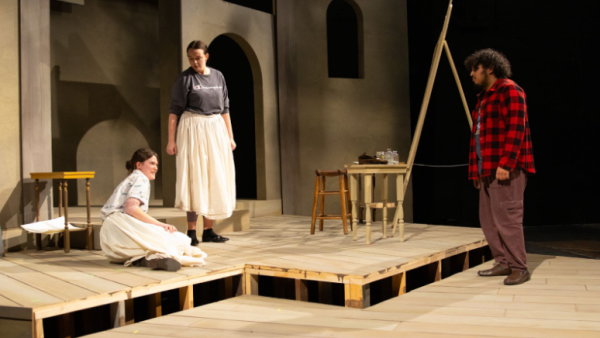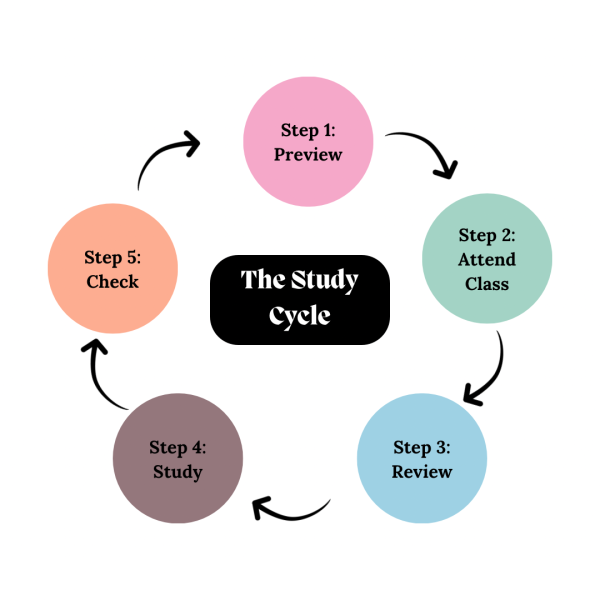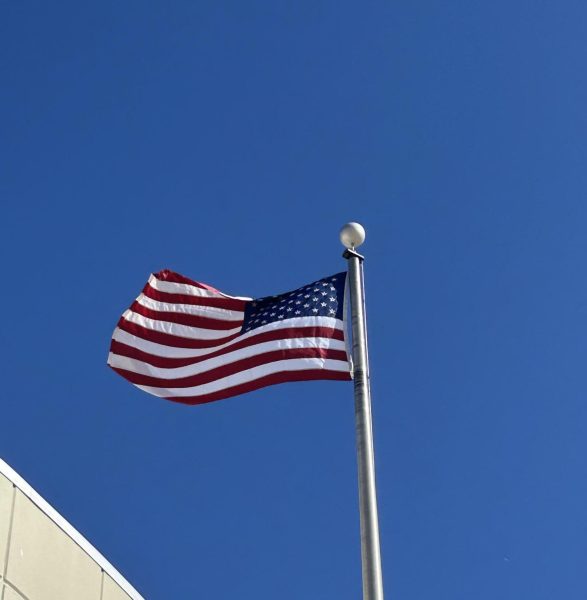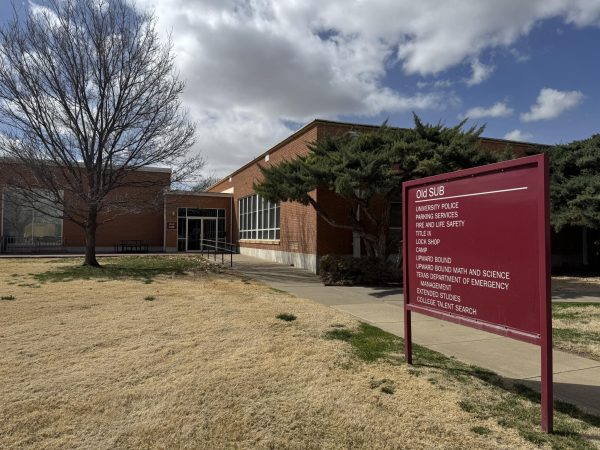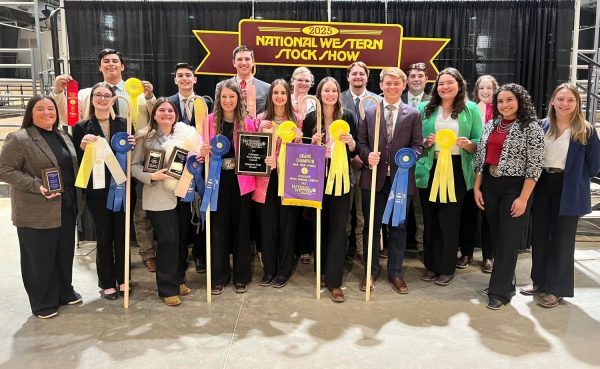The Silence of Others screening asks us to consider ours
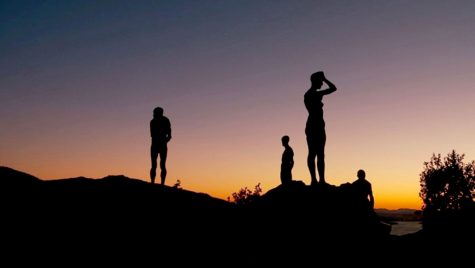
On March 2, at 7 p.m. in the Old Main Theater, students were invited to view the Spanish documentary film “The Silence of Others”, by Almudena Carracedo and Robert Bahar. They then could take part in a discussion with Carracedo herself in the Classroom Center the following Wednesday.
Dr. Tim Foster, assistant professor of Spanish, arranged the screening for his class on Spanish conversation. He had wanted to include the documentary in the film lineup for the class he taught last semester: “Film and Fascism in Franco Spain”, but the DVD had not yet been released. This semester, he tried again.
“I contacted through their website about getting a screening, and Almudena was the one who answered my email,” Foster said. “You fill out the “contact us” form on the website and then it was actually the director who got back to me. Which is incredible.”
The film, which has won more than 35 international prizes, including the 2019 Goya (Spain’s Academy Award) for Best Feature Documentary, and was just recently screened for the United Nations, follows a handful of Spanish citizens grappling with the aftermath of Francisco Franco’s fascist regime, which only came to end in the late 1970 and was followed by a strict amnesty law, which annulled all criminal acts of those in power to better facilitate the shift to democracy.
For 40 years, Franco was in power, oppressing his people, torturing rebels, executing non-conformists, stealing children directly from their mother’s wombs and prohibiting the proper burial of the discarded executed insurgents. And for nearly 40 years after the Pact of Forgetting, the people of Spain had no opportunity to truly move on. The dead lie in unmarked graves, the stolen children have never been returned and the torturers are able to freely live their lives, immune to any justice.
“The Silence of Others” encompasses six years of the remaining Spanish citizens still acutely aware of the scars left in the tissue of the nation desperately battling for memory and justice. A remembering of what has been ordered forgotten, and a justice for those who had their human rights abused.
In the Wednesday conversation, where Carracedo called in from Spain and happily answered questions and explained the process of the documentation, the director explained how she was eager to provide a platform for those with a voice but no ability to use it and how difficult it is to reach a population who are fervently against the idea of remembering or even acknowledging the past, even though they know nothing about it.
“It’s the worst kind of obstacle,” Carracedo said, when speaking on the topic of how to inform an uninformed populace. “A book is so much better to actually give you a lot of context. But what a film can do, actually, is give you a big picture and to give you the feeling that there is something to do, so that then you can go and open the book and learn more… A film cannot change an entire society. I think it’s a film alongside movement; alongside a political will.”
As the film is screened all across the globe, people are impacted by the universality of living alongside the ghosts of a violent historical legacy. One example that has been brought up to the director is that of the North American South and the history of slavery, lynchings and the confederate monuments which still stand revered today. During the time the documentary was being filmed, Franco’s body was still enshrined in a massive memorial, and street names were still named after the torturers and war criminals that had carved a deep scar in the history of their country. But the film makes these political issues visible as what they truly are: human issues.
“That’s what we’re trying to do,” Carracedo said. “We’re trying to create… more than a political experience, we’re trying to create a human experience… We wanted people to understand that kind of powerlessness you feel when no one hears you.”
After the screenings, the director had people come up to her and explain how seeing a woman have her baby stolen from her made them realize that it could have been them. The empathy that is created through the documentary is powerful, because humanity is built on legacies of evil as well as good. That, ultimately, is Carracedo’s goal: to make people think about the silences they are complicit with.
“There are many things in your community that you do know about and that you don’t do anything about,” said Carracedo. “So I always ask people to transfer… what happened in Spain to what happens in your communities, and to think about your participation.”
Montana Selman, a senior general studies major who was present for both the screening and the conversation, spoke about his big takeaways.
“Transfer your passion to your own community and start making change there, and then you can go from there,” Selman said. “Wherever you’re at… make your own impact.”



